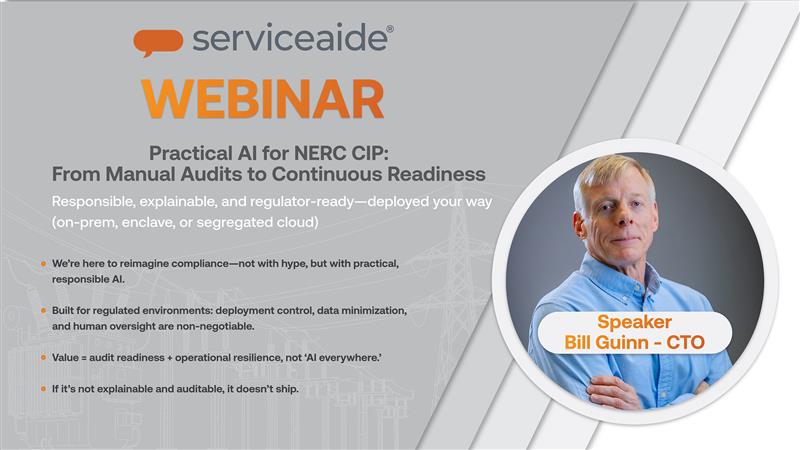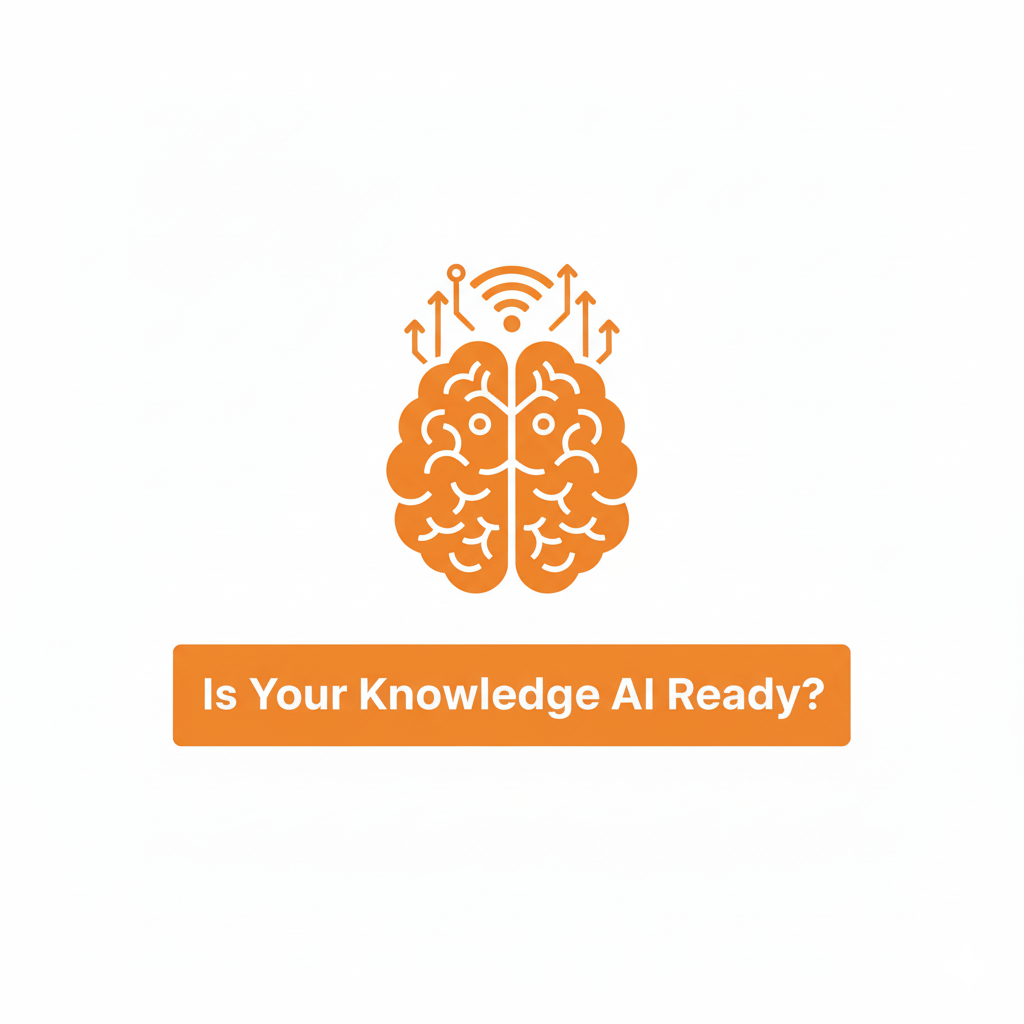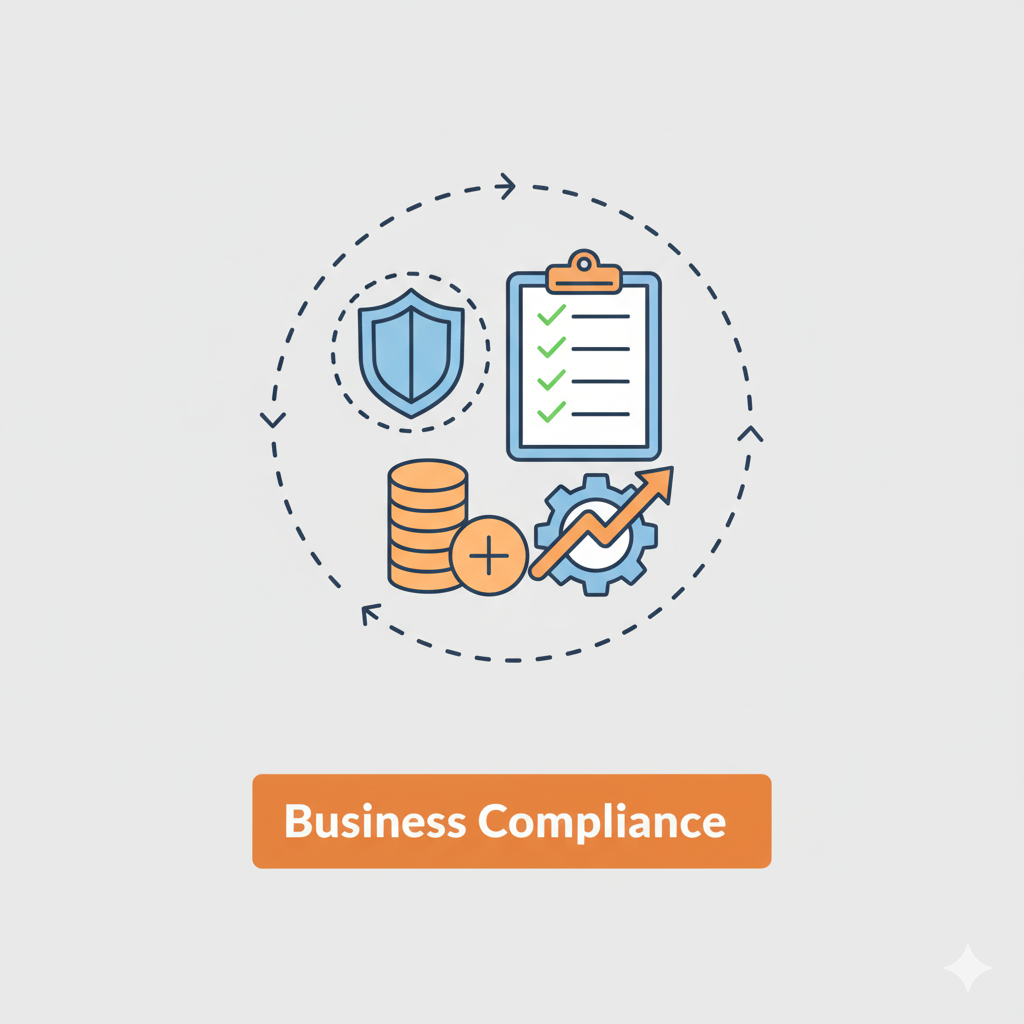Is Your Knowledge Ready for AI?
A modern guide for leaders who want AI that is accurate, trustworthy, and enterprise-ready
Artificial Intelligence is racing ahead inside modern enterprises. Most organizations are already piloting or deploying generative AI across service, operations, and customer experience. But there’s a growing realization quietly reshaping the industry: AI is only as smart as the knowledge behind it.
And for most companies, that foundation is nowhere near ready.
The latest State of AI 2025: Mid-Year Report finds that while 70% of organizations are now using or piloting GenAI, far fewer have done the groundwork needed to ensure accurate answers, consistent responses, or trusted outcomes. Leaders overwhelmingly agree that solid Knowledge Management (KM) is critical to GenAI success, yet the content feeding their AI systems is still scattered across outdated repositories, cloud apps, CRMs, and internal tribal knowledge that never makes it into a unified system.
This gap—between AI potential and knowledge reality—is where most AI initiatives go wrong.
The Knowledge Crisis Beneath the AI Boom
Most organizations didn’t plan for AI; they adopted it because the market demanded speed and efficiency. But beneath the excitement lies a structural problem: knowledge sprawl.
Employees create documents, tickets, chats, and tribal insights across dozens of disconnected systems. Support teams store fixes in one platform. Operations keeps SOPs in another. HR has its own knowledge base. Security teams keep their controls and checklists somewhere else entirely. And a large majority of employees rely on improvised notes or informal Slack messages to do their work.
The result? Silos—many of them.
According to the study:
- 88% say solid KM is essential for successful GenAI
- 55% say they have three or more knowledge silos blocking trust
- 61% fear inaccurate AI answers due to outdated or messy knowledge
- 62% are dissatisfied with their legacy KM tools
- 94% agree human experts must remain in the loop
These numbers tell a clear story:
AI cannot thrive in an environment where knowledge is fragmented, outdated, or poorly governed.
Why Ticket Data Is Not Enough
One of the most dangerous assumptions in modern support and IT operations is that “the ticket queue will teach the AI.” But support tickets were never designed to be a reliable knowledge source.
The infographic highlights an example: two tickets reporting the same issue—one detailed, one vague. No AI system can unify these into clean, structured knowledge without significant intervention.
- “Laptop with blue screen error” includes detailed steps and useful information.
- “Laptop not working” offers almost nothing.
This inconsistency creates a shaky foundation for AI to generate dependable answers. Garbage in, garbage out takes on a whole new meaning when AI is trained on inconsistent, incomplete, or ambiguous ticket content.
GenAI has enormous potential to accelerate knowledge creation, but only if it starts from a clean, unified source of truth—not from the noise of human-generated support tickets.
The New Requirements of Modern Knowledge Management
AI hasn’t just changed the role of KM—it has raised the bar completely.
Organizations now need knowledge systems that are connected, structured, curated, and continually refreshed.
1. One Source of Truth
The days of multiple knowledge bases must end.
Knowledge needs to be consolidated—across IT, HR, Facilities, Security, Operations, and beyond—into a single hub where policies, how-tos, troubleshooting guides, and approved workflows live side-by-side and stay synchronized.
Only then can AI pull consistent answers.
2. AI + Humans Working Together
Generative AI can draft, summarize, and refine content at scale.
But experts must validate, approve, and correct what AI produces to ensure accuracy and compliance. The study shows that 94% of organizations insist on human oversight, and for good reason.
AI accelerates knowledge; humans guarantee its truth.
3. Embedded Knowledge in Workflows
Knowledge isn’t helpful if employees must stop their work to search for it.
Modern KM pushes answers directly into the applications where people spend their time—service desks, productivity tools, HR platforms, ITSM systems, and operational workflows.
AI cannot perform well if knowledge sits outside the flow of work.
4. Continuous, Automated Updates
Knowledge decays faster than most leaders realize.
AI systems require content that is not only centralized but continuously refreshed to reflect changing processes, technologies, and compliance requirements.
Automation can flag outdated content, draft updates, or detect inconsistencies before AI amplifies them.
5. Compliance, Explainability & Trust
Every AI-generated answer needs a clear origin.
In a world of audits, regulators, and risk management, organizations must ensure their knowledge is traceable, accurate, and explainable.
This is impossible without a modern KM backbone built for governance.
The Investment Gap: Big Budgets, Small Action
A fascinating contradiction emerges from the research:
- 60% plan to increase investment in KM and AI
- 75% of that increase goes specifically to GenAI
- Yet only 28% actually use AI to create or curate knowledge today
- Is Your Knowledge Ready for AI
Budgets are there, but execution hasn’t caught up.
Organizations want AI to deliver results immediately, but they haven’t invested in the foundation—the knowledge—required to make that possible.
This is why so many AI pilots stall or produce hallucinations.
The core content simply isn’t ready.
How AI Can Transform Knowledge—If the Foundation Is Ready
When knowledge is strong, AI becomes a force multiplier.
The infographic outlines several priorities for modern KM, and each one expands into a transformative capability:
AI-Powered Creation & Optimization
GenAI can automatically generate article drafts, summarize long documents, convert troubleshooting steps into clean workflows, and rewrite outdated content.
This reduces bottlenecks and helps subject-matter experts focus on accuracy instead of formatting.
Enterprise-Wide Integration
AI should understand and retrieve knowledge from across the digital ecosystem—not just one platform. Connecting AI to CRM data, ITSM tools, HR systems, and operations content creates a unified knowledge landscape.
Context-Aware Recommendations
AI can detect context—tickets, user profiles, past behavior, systems involved—and suggest the most relevant knowledge in real time.
Human-Guided Supervision
Human review remains critical for compliance, accuracy, tone, and governance. AI accelerates, humans validate—creating a virtuous cycle of continuous improvement.
When these components work together, AI becomes not just a tool but a trusted extension of your workforce.
The Real Takeaway: Your AI Is Only as Good as Your Knowledge
The final message from the infographic is simple but profound:
AI needs high-quality, trusted knowledge to deliver real value.
Don’t let legacy knowledge fail your AI.
Enterprises that rush into AI without modernizing their knowledge layer will face inconsistent answers, compliance risks, mistrust from end-users, and wasted investment. Those who treat knowledge as a strategic asset—one that must be unified, automated, governed, and supervised—will unlock the true power of AI.
When knowledge is accurate, connected, and expert-approved, AI becomes your greatest operational advantage.
When it’s not, AI becomes unpredictable.
The Path Forward: Build a Knowledge Foundation Your AI Can Trust
AI success is not about having more models, bigger models, or faster models.
It’s about giving those models the right information.
The organizations that win in the next decade will be those who:
- Consolidate knowledge into a single trusted hub
- Use AI to automate creation and curation
- Embed knowledge everywhere work happens
- Maintain human oversight for accuracy
- Prioritize compliance, explainability, and governance
Do this, and AI will not only work—it will transform your business.
Ignore it, and AI will simply amplify your existing chaos.
Your AI is ready.
Now it’s time to get your knowledge ready too.
Latest Insight

Practical AI for NERC CIP Compliance

Is Your Knowledge Ready for AI









.svg)
.svg)